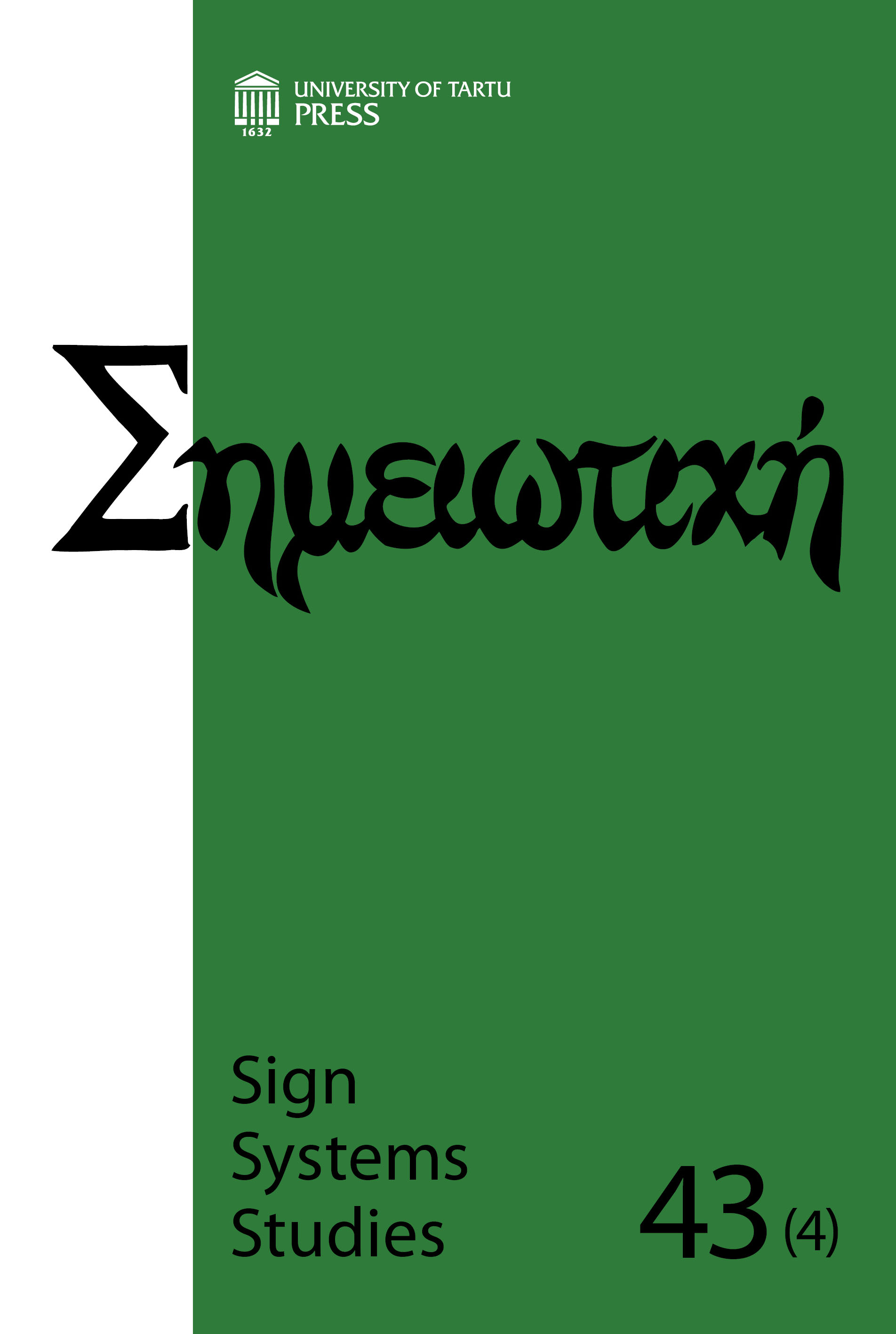Emotional interpretants and ethical inquiry
DOI:
https://doi.org/10.12697/SSS.2015.43.4.08Keywords:
emotion, interpretant, emotional interpretant, final interpretant, inquiry, observation, pragmatism, scienceAbstract
The connection between emotions and ethical views or ethical inquiry has been considered intimate by a number of philosophers. Based on Peirce’s discussion on the emotional interpretants in MS 318, I will suggest that such interpretants could be exploited in ethical inquiry. I will first argue, drawing on T. L. Short’s interpretation of Peirce, that there are final emotional interpretants, and such emotional interpretants actually formed (or dynamical) can be more or less appropriate concerning the sign’s (dynamical) objects. I will then explore the prospect that emotional interpretants could be harnessed for the particular cognitive purpose of ethical inquiry, concluding that normative judgments based on feelings could serve as its observational part.
Includes: Comment. A note on moral sentimentalism in the light of the emotional interpretant by Jean-Marie Chevalier (pp. 513–517).


